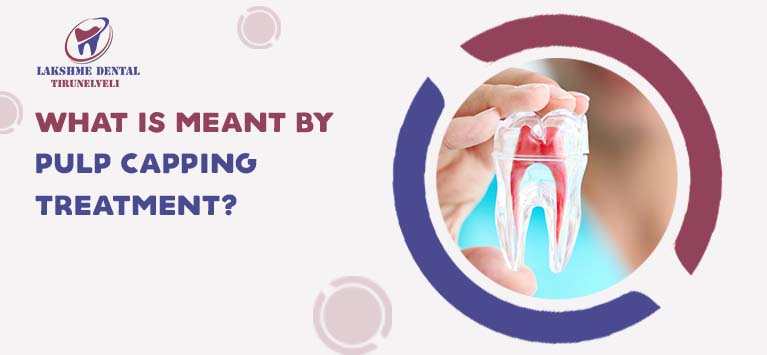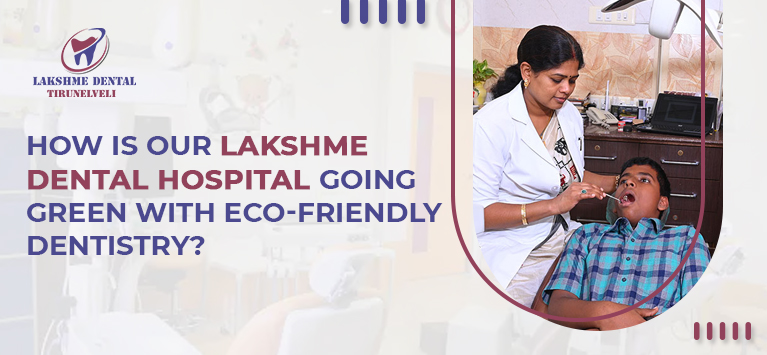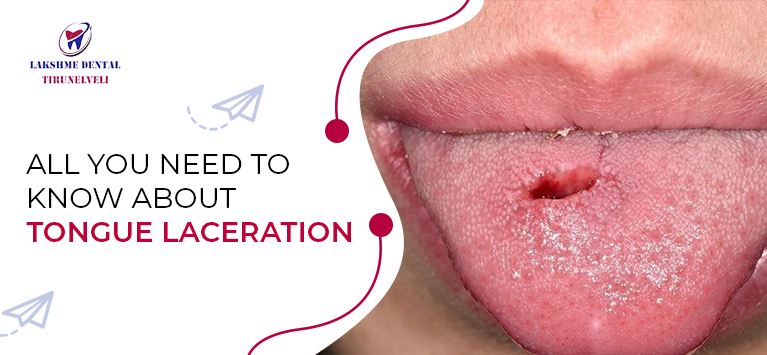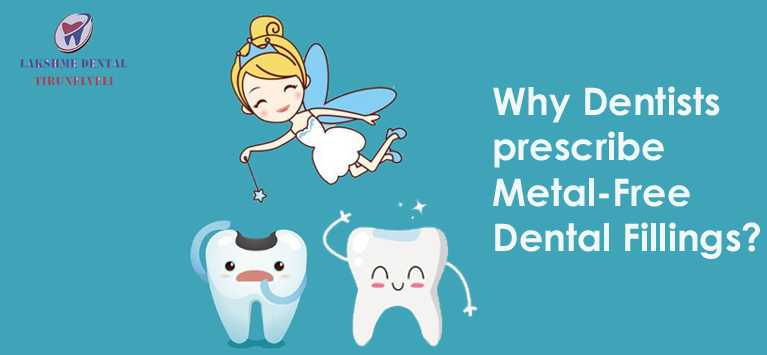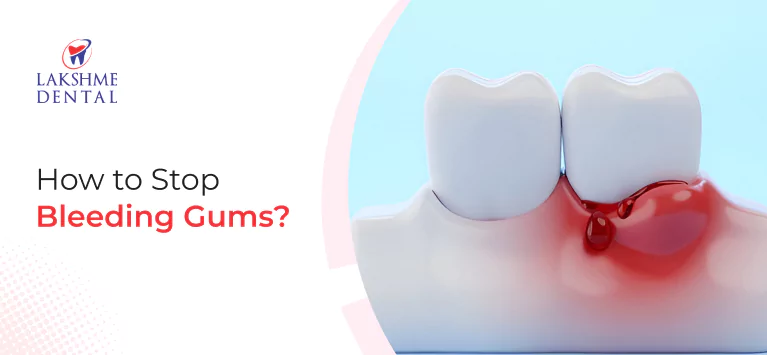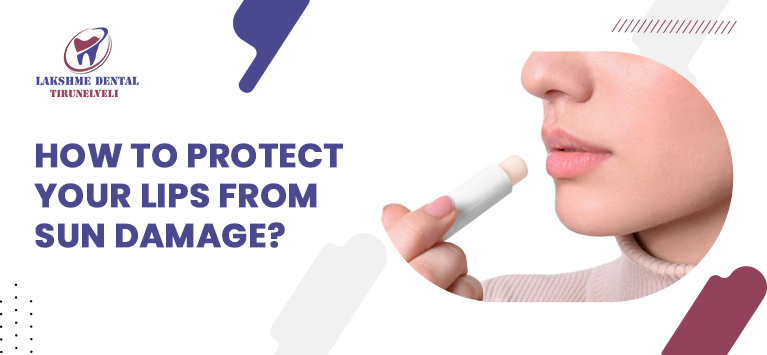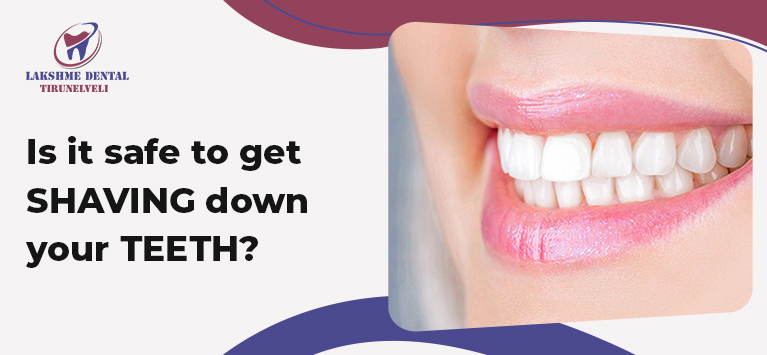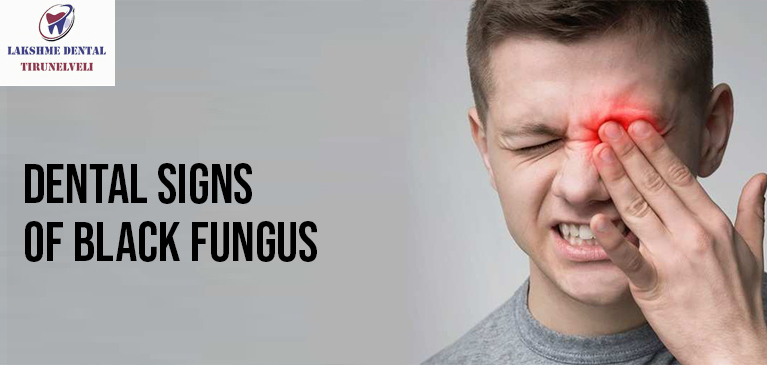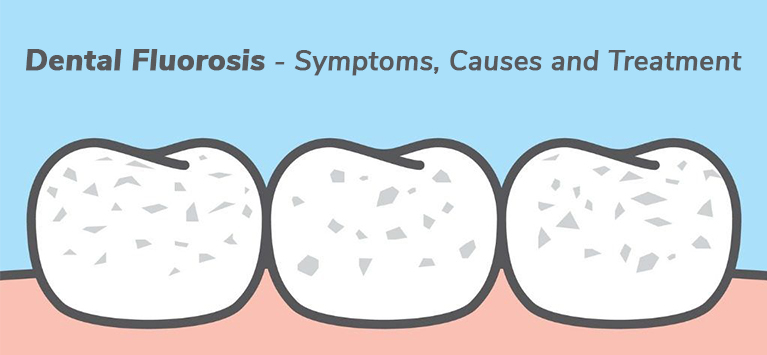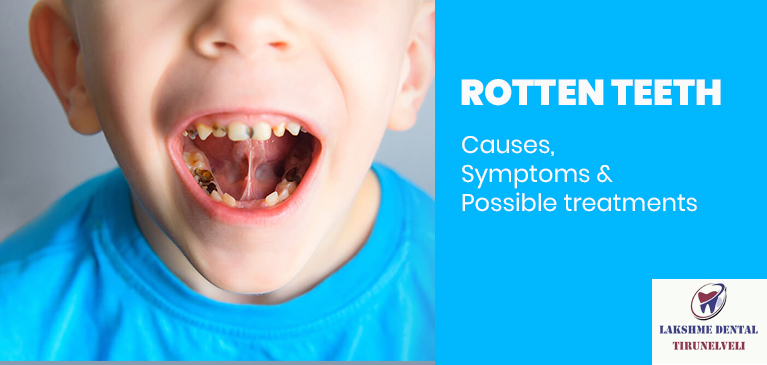
Rotten Teeth – Causes, Symptoms & Possible treatments
Rotten Teeth – The perfect term to describe teeth that are badly decayed. Typically, most people do not sense the progression of cavities and they come to know about the infection at the point of infection attains the advanced stage, say rotten teeth.
Preserving a decayed tooth is not expensive unless the infection reaches the tooth’s profound layers. Meanwhile, neglecting such deeply decayed teeth will scatter the infectious bacteria that lead to serious consequences such as jaw bone diseases. Our dentists listed the set of symptoms that disclose the carious teeth.
What are the symptoms of Rotten Teeth?
Let us begin with the causes. Everyone knows that frequent intake of sugary, starchy foods partnered with poor oral care will end in cavities. Meanwhile, the components in water (if you drink tap water), certain syrups, and importantly, the underlying diseases also irritate your teeth and make them susceptible to cavities.
Whatever the decayed tooth’s root cause is, neglecting timely treatment to fix it is the main reason for rotten teeth. When it happens, you will notice the following signs:
- Darkened teeth – The diseased tooth begins to get dark color when it starts to rot. A dark black hue indicates the infection has reached the pulp and root chamber.
- Bad Breath – The foul smell in the mouth is a sign of excessive bacteria in your mouth. Despite halitosis is the common sign of various dental concerns, you can pinpoint the ailment with the type of odor you smell. The smell of sulfur or rotten eggs coming from your mouth indicates you have one or more rotten teeth.
- Sensitive to temperature variations – The bacterial build-up over a tooth will chew away the tooth’s outer covering (enamel layer) that makes the infected tooth cannot withstand temperatures.
- Abnormal tooth size – As oral bacteria has eroded the outer layer and moved inwards, the continuous abrasion will shrink the tooth size. In simply, the size of a tooth decreases as the rot progresses.
- Falling Teeth – The continuous spread of rot from enamel to the pulp chamber loosen the tooth’s root support with the gum tissues as well as dwindling the tooth. In such cases, the rotten tooth will fall out or broken when you apply extensive pressure over the tooth with biting or chewing.
Keep in mind that a decayed will interfere in your daily activities by provoking sharp pain with biting. It affects your ability to eat, followed by weight loss and even nutritional deficiencies.
Treatments for Rotten Teeth
Saving a rotten tooth is possible up to a particular stage. However, dental doctors prefer cavity treatments for the progression of rot as follows:
- In general, a decayed tooth is treated with fillings before the infection reaches the soft layer (dentin) present underneath the enamel.
- If the infection affects dentin and progresses to the pulp chamber, it can also be treated with root canal therapy. It involves replacing the infected pulp with a sterile dental material called gutta-percha.
- In certain cases, the cavity is too large that weakens the tooth structure. It can be fixed by cementing appliances like dental crowns but this dental restoration cannot prevent the expansion of rot inside the tooth.
When the infection reaches the root, it cannot be saved whilst it should be removed to terminate the rot progression.
Bottom line
You can safeguard your teeth from cavities and prevent rotting with a regular dental hygiene routine comprised of the best teeth cleaning practices. Meanwhile, you should adjust your sugary diet.
Occasionally, few people notice their teeth are rotting despite they engage in activities to keep their teeth healthy. It might happen with the dental health compromised with serious bodily conditions that seek immediate treatments.

